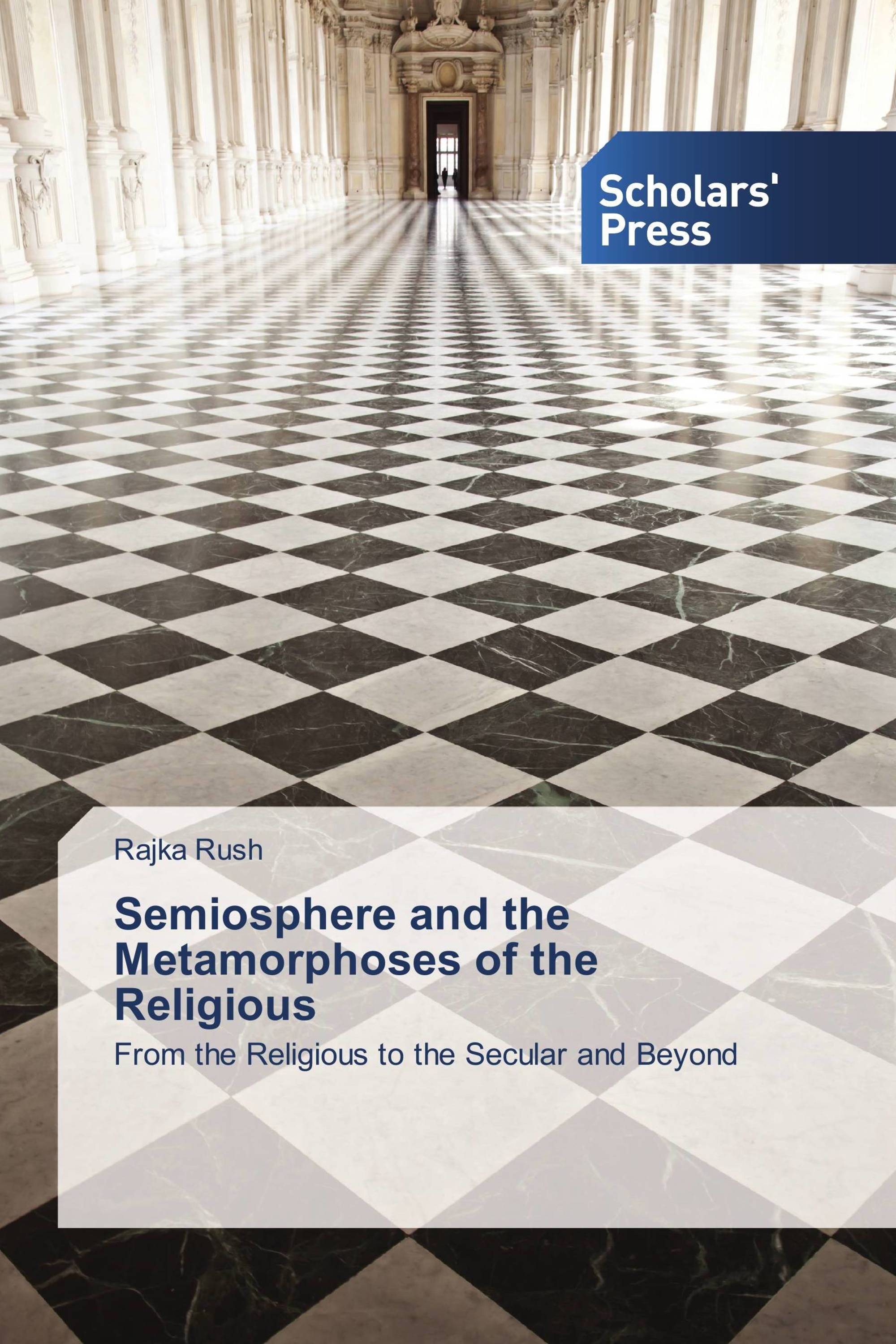Semiosphere and the Metamorphoses of the Religious
From the Religious to the Secular and Beyond
International Research Press ( 18.12.2014 )
€ 94,90
Do religions change? Anyone raised in a religion sees this tradition as one set in stone. This study shows the opposite, thus it focuses on the metamorphoses of the religious showing religions as complex and dynamic systems of change. The religious begins with the existential openness to the universe as a system. This is a natural ability of the mind to sense an unseen reality as the unlimited semiosis such as God, the supreme, or spirits. The author defines religious experience as the semiotic space. This inner space often challenges “orthodoxy” or “orthopraxy” bringing changes. The best known example is the Western epoch of modernity, where the semantic ethical and aesthetic religious potentials have been transformed from the religious into the secular sphere. The Semiotic Theory of Religion based on semiotics of Charles Sanders Peirce, Umberto Eco, Yuri Lotman, and the communicative evolution theory of Jürgen Habermas explains the secularization processes of the religious and their effects on politics, arts, and spirituality. The Semiotic Theory of Religion posits a view on religion as one of the most dynamic socio-cultural sub-systems of change within the Semiosphere.
Détails du livre: |
|
|
ISBN-13: |
978-3-639-66761-5 |
|
ISBN-10: |
3639667611 |
|
EAN: |
9783639667615 |
|
Langue du Livre: |
English |
|
de (auteur) : |
Rajka Rush |
|
Nombre de pages: |
276 |
|
Publié le: |
18.12.2014 |
|
Catégorie: |
Philosophie |



